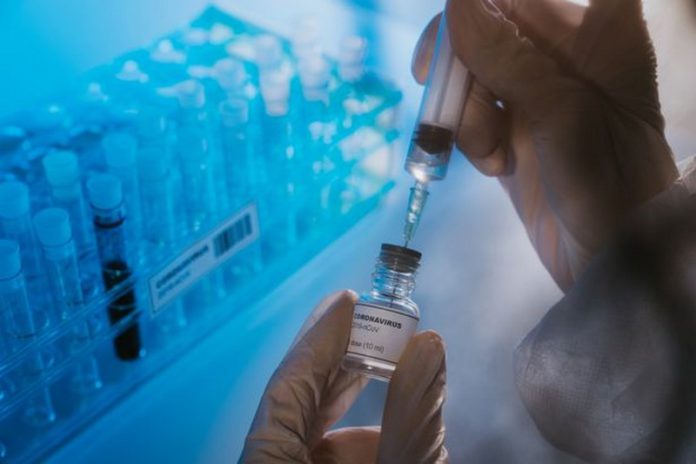
Can your fitness gadget prevent COVID-19 from spreading?
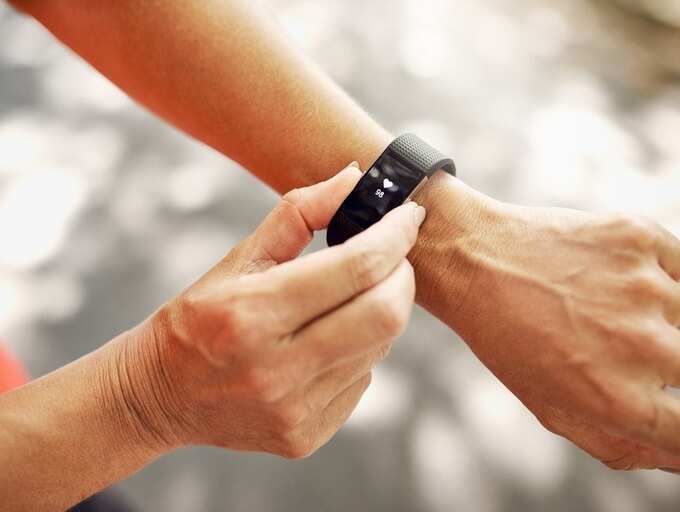
It’s becoming evidently clear that COVID-19 is not going away anytime soon. Even if the infection rate starts to drop, there’s no real possibility at this point that the virus will fully vanish.
In the lack of this, experts say that non-pharmaceutical measures such as social distancing, wearing a mask and disinfection to stop the spread of COVID-19 are only possible. Methods which could cut down on testing time and virus detection could also better our response to the pandemic. What if we tell you a simple gadget like a fitness tracker could help detect COVID-19 in the future?
Scientists are now working on checking whether fitness gadgets can serve a dual purpose of measuring health parameters as well as finding out if a person has COVID-19.READMORE
02/5Here’s why
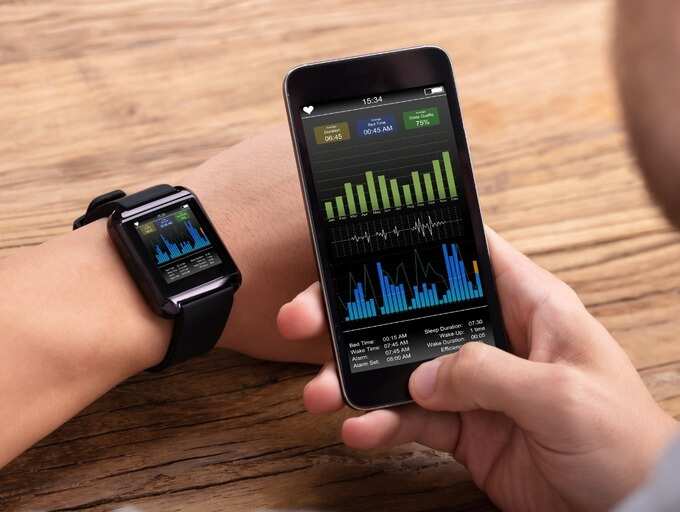
Smart gadgets and fitness trackers work to measure a person’s health parameters and some have even been applauded for their ability to detect health conditions like heart attacks. Some work by tracking sleep and other definitions which measure general well-being. Since most fitness trackers work by measuring a person’s heart rate, a vital parameter, scientists are now wondering if the same technology could be helpful in detecting a change in respiratory conditions as well.
For example, in a limited study done in the USA, scientists were able to observe that a popular fitness wear brand was able to identify people who had influenza-like illness depending on their heart rate elevation. Similar research is going on in Standford University, which aims to collect data from five different brands of wearables to predict illnesses, including COVID-19.
03/5How would it work?
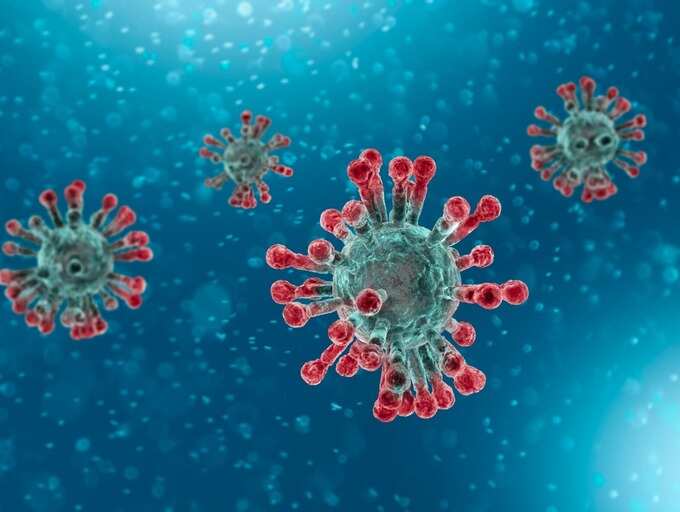
Even though COVID-19 is characterized by the presence of typical symptoms like cough, cold, fever, an elevation of heart rate can also point out to developing an infection. For the study, researchers measured and recorded daily activity, so they can identify reduced levels of daily activity. Combining these two measures allowed the researchers to better predict who had an influenza-like illness.
Since fitness wearables record heart rate and are able to store data for a longer period of time, they will make for excellent gadgets to track and detect COVID spread, especially in times when proper testing can’t be accessible.
While it’s not possible to define whether a person has COVID just by looking at the parameters observed by the fitness watch, experts believe that it could lead to better awareness about the disease. By knowing who is at risk, or observing a change in health conditions, people can be asked to self-isolate, or better, practice caution when they are outside and get diagnostic tests done.
04/5What other tests are being developed?
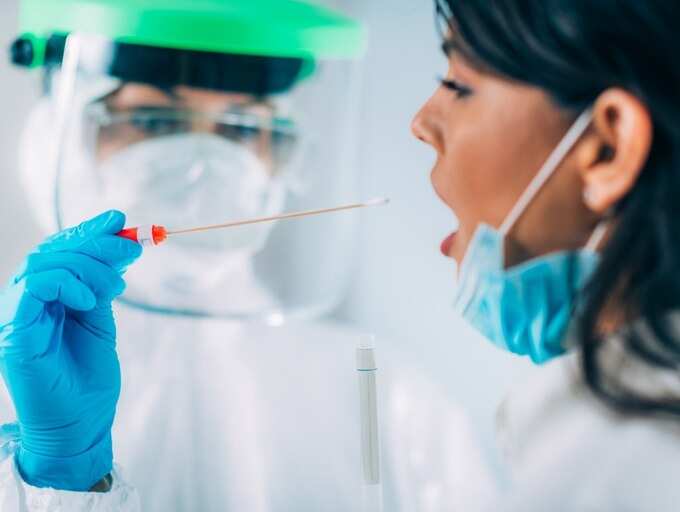
Another interesting COVID-testing kit is being devised out of labs in Israel, with help from Indian scientists. The new test will make use of artificial intelligence and machine learning and the prototype will be tested in India too. It will make use of a breathalyzer test to recognize patterns and conduct a first level chemical test which can tell whether a person is COVID positive or negative. The one-of-a-kind test, which promises to deliver results in a fraction of time has never been worked on before. Other researches being done right now involve installing smart bionic chips beneath the skin, which could ‘respond’ to the presence of any harmful virus in the body.
Other wearable fitness trackers with smart sensors, which also have advanced filters which detect body temperature, sweat could also help observe any changes on the surface level.
Since body sweat is an indicator of pH levels and contains traces for nutrient compounds, a lot of growing research is being carried out on other gadgets which could come of use and cut down the time of detection of COVID and any other illnesses.
05/5Are there any drawbacks?
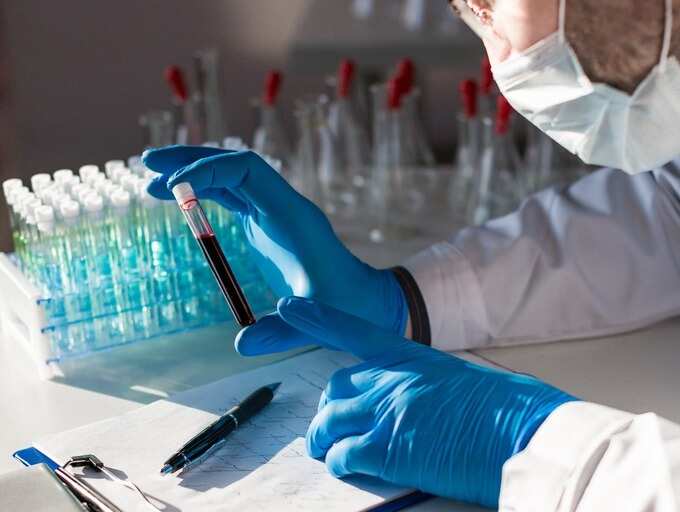
All being said, the biggest drawback perhaps is that even if these gadgets come handy in observing a change in the body’s vital parameters, they won’t really help detect viral load in the body. RNA detection is needed for the same, which is a complicated laboratory procedure and as of right now, there’s a lot more scientific know-how needed before they can be included in small wearable gadgets.
There’s also the problem of accessibility and affordability with many of these smart gadgets. Wearable trackers do come at a cost and won’t work on all sections of the society. Logistical issues such as these would have to be solved before they can be deployed for medical use. As scientists say, it’s a novel approach but needs a lot more research.
It could definitely be an indicator of how society adapts if the virus is to survive with us for a fairly long time.
